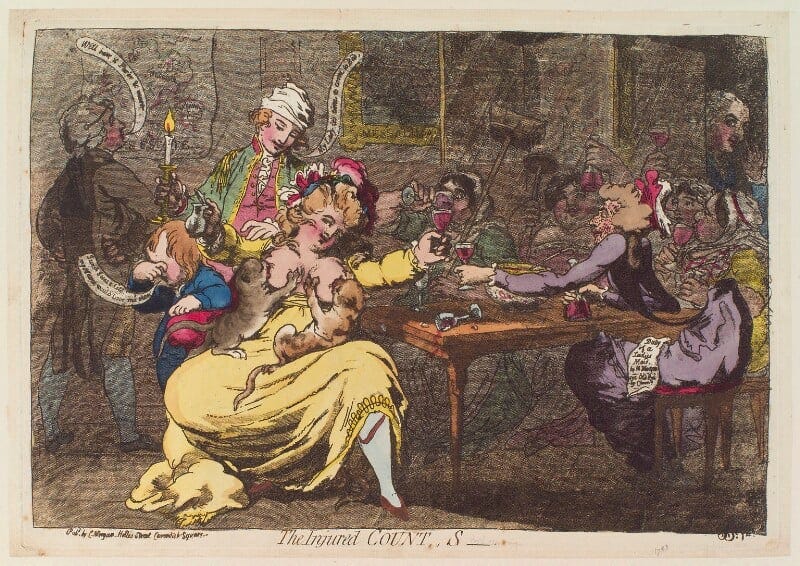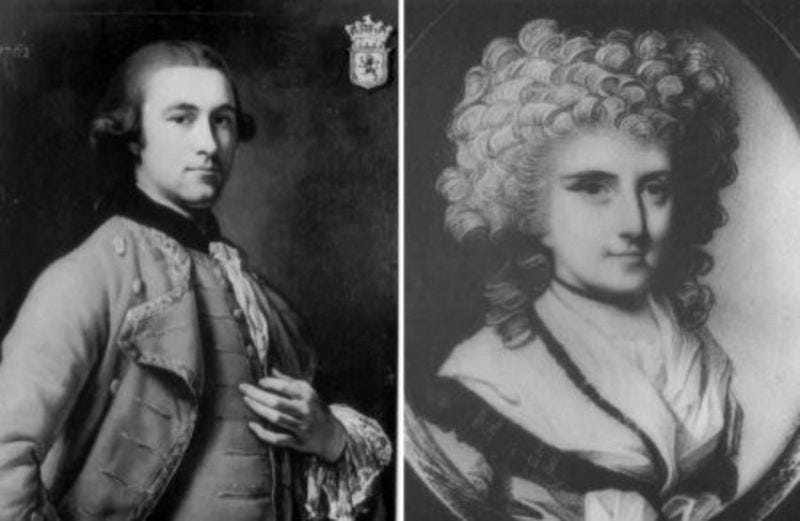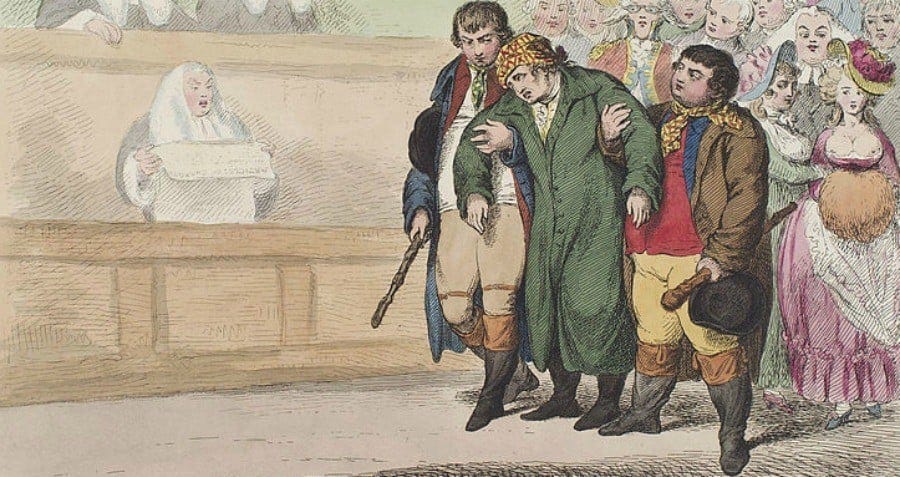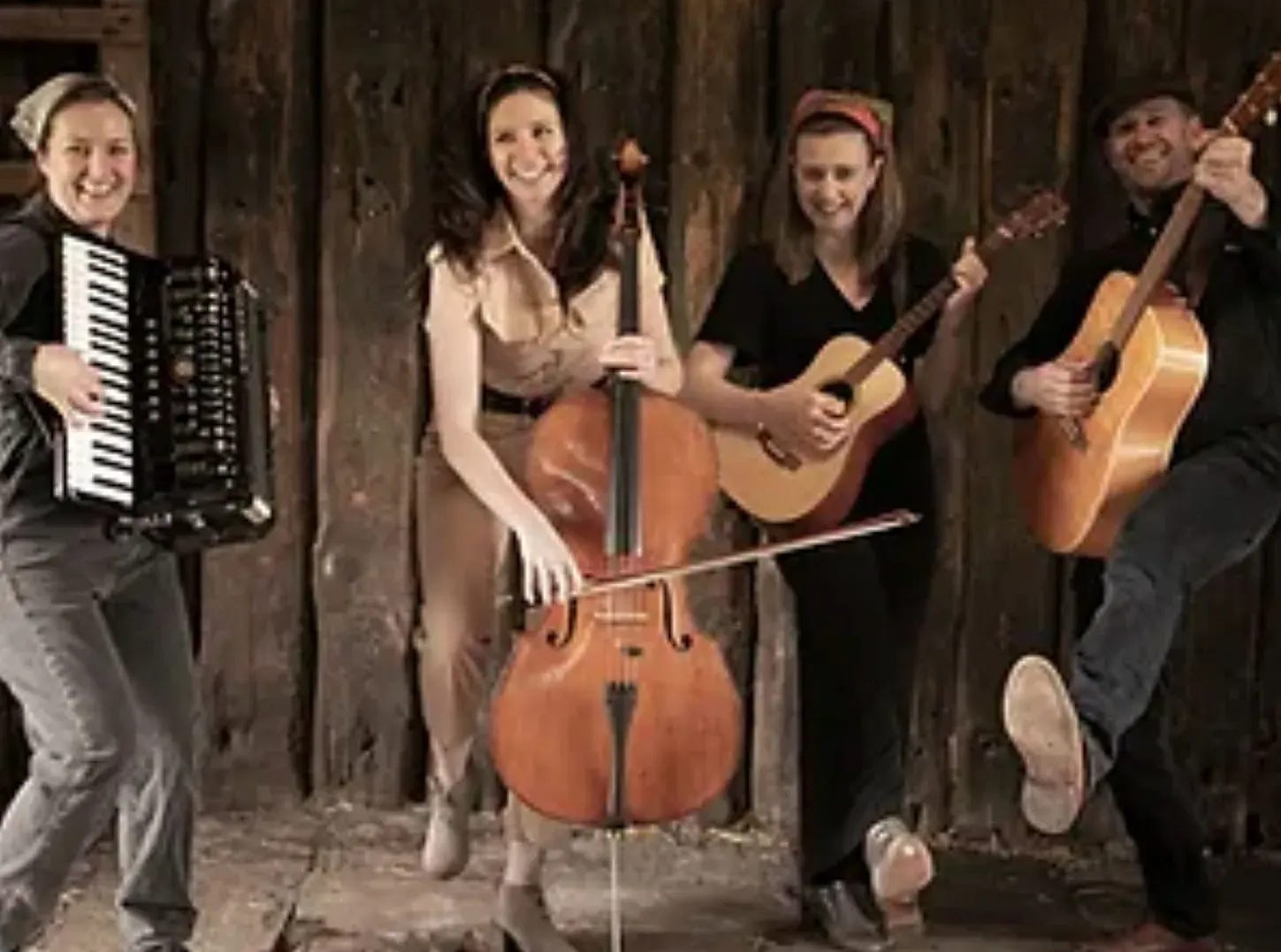Howay The Lasses sing for Mary (and more)
The turbulent life story of heiress Mary Eleanor Bowes, which spawned a novel and Kubrick movie continues to inspire. Tony Henderson reports ahead of International Women's Day

The dramatic life of a North East heiress - who ended up being the great-great-great-great-grandmother of Queen Elizabeth II - was always a likely candidate for a novel or a film.
And that is how it worked out in the case of Mary Eleanor Bowes, Countess of Strathmore, whose inheritance included the Gibside estate in County Durham and made her one of the wealthiest women in Britain, if not Europe.
Mary, who grew up at Gibside which is now in the care of the National Trust, married the 9th Earl of Strathmore on her 18th birthday on February 24, 1767.
They had five children and after his death Mary, after various liaisons, married an Anglo-Irish MP Andrew Robinson Stoney, who subjected her to life of abuse as he tried to acquire her fortune.
Having taken the rare action in Georgian society of filing for divorce in the courts, Mary fled Stoney Bowes, as he had become, only to be abducted from London and brought back north.
She was held at another of her inherited properties, Streatlam Castle between Barnard Castle and Staindrop, before Stoney wandered the snow covered moors with Mary on horseback.
Stoney was jailed for three years.
Mary, who had also won a reputation as an accomplished botanist and commissioned explorers to bring back plants from their travels, died in 1800.
William Makepeace Thackeray, author of the novel Vanity Fair, used the story as the basis for his book The Luck of Barry Lyndon. In 1975 director Stanley Kubrick produced the brilliant film Barry Lyndon.
Now the musicians of the North East’s Howay the Lasses band will mark International Women’s Day on Saturday (March 8) with a performance in the Grade I chapel at Gibside, which will feature a song written by group member Annie Ball about Mary Eleanor.
“Annie wrote the song about Lady Mary Eleanor Bowes and her incredible story of perseverance and bravery in the face of cruel exploitation and coercion,” said group member Gareth Davies-Jones, who lives in Wylam.
“It’s a story that resonates down through the ages and now after partnering with the National Trust we are delighted to be able to perform the song along with our other material at her ancestral home.
“As musicians and songwriters we think that there’s something particularly special about performing songs written about people in places that meant something to them or is associated with them.
“It seems to draw a closer connection between the subjects, their stories and our songs – both for us and our audiences. It’s something we’d like to do more of as a band.”
Howay the Lasses have written a series of songs about notable North East women which will also be a part of the concert event.
They include leading engineer Rachel Parsons, daughter of Sir Charles and Lady Parsons; County Durham mathematician Judith Taylor: South Shields animator Sheila Grabner; Bishop Auckland’s Dr Fiona Hill, Durham University chancellor and former White House advisor; 17th century Mary Astell, writer, poet, and pioneering feminist born and raised in Newcastle and commemorated with a plaque at Amen Corner in the city in 2023 and Margaret Dryburgh, Sunderland-born English teacher who became a missionary in Singapore, where she was captured in the Second World War.
The Gibside concert on Saturday March 8 starts at 7pm. Tickets from the website.
Earlier in the day at Gibside, there are two more events which have been programmed as part of International Women’s Day
Local historian and author Val Scully will give a free talk on The Wonderful Women of Gibside at 11.30am in the property’s cinema room; and from 2pm-2.30pm, the Newcastle-based SHE Community will perform free in the chapel.
Details on the website.
-




